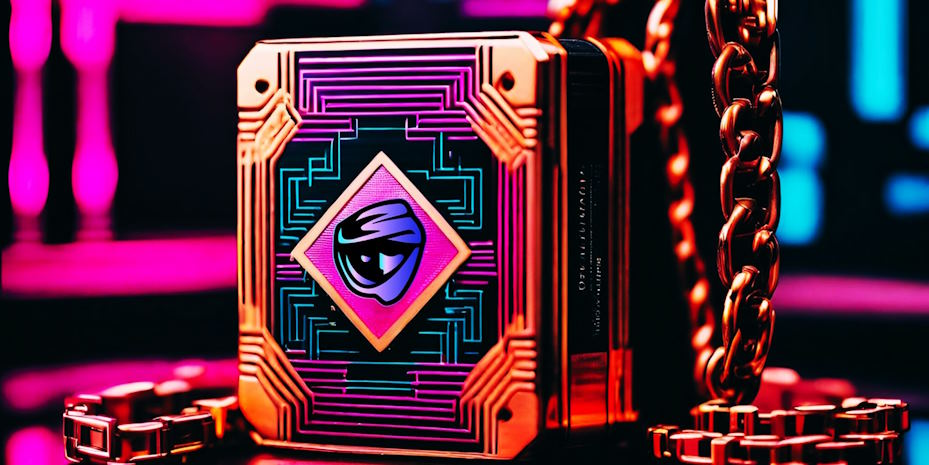Unveiling the Truth: How Brands Combat Counterfeit Cosmetics with Blockchain Technology
In beauty and cosmetics, counterfeit products significantly threaten consumers’ health, brand integrity, and industry revenue. With the rise of online marketplaces and unauthorized sellers, the proliferation of fake cosmetics has become rampant. However, in the battle against counterfeiters, innovative solutions are emerging. One such technology, blockchain, is revolutionizing how brands authenticate products and safeguard consumers.
Enter Blockchain Technology
Blockchain technology, renowned for its transparency, immutability, and security, has emerged as a game-changer in the fight against counterfeit goods, including cosmetics. By leveraging blockchain, brands can create a secure and tamper-proof system to track the entire lifecycle of their products, from production to distribution to purchase.
How Blockchain Works in Combatting Counterfeit Cosmetics
Product Authentication
Each authentic cosmetic product is assigned a unique digital signature or “token” on the blockchain at manufacture. This token contains encrypted information about the product’s origin, ingredients, and manufacturing process. Consumers can verify the authenticity of their purchase by scanning the product’s QR code or NFC tag, which retrieves the corresponding blockchain data.

Supply Chain Transparency
Blockchain provides an immutable record of every transaction and movement within the supply chain. Brands can track the journey of their products in real-time, from the factory floor to the retail shelf, ensuring that products are not diverted or tampered with along the way. This transparency enables brands to identify and eliminate counterfeit products at any point in the supply chain.
Consumer Trust and Engagement
By empowering consumers with access to transparent product information, blockchain enhances brand trust and confidence. Consumers can make informed purchasing decisions, knowing they are buying genuine, safe products. Furthermore, brands can use blockchain-enabled apps to engage with consumers, providing personalized product recommendations, educational content, and loyalty rewards.
Case Studies and Success Stories
L’Oréal’s Blockchain Pilot Program
L’Oréal, one of the world’s leading cosmetics companies, launched a blockchain pilot program in collaboration with tech startup Aura. The initiative aims to track and authenticate L’Oréal’s luxury brands using blockchain technology, ensuring product integrity and consumer trust.
Shiseido’s Transparency Initiative
Shiseido, a Japanese cosmetics giant, implemented a blockchain-based transparency initiative to trace the journey of its products from production to sale. Shiseido aims to combat counterfeiting by enhancing supply chain visibility and reinforcing its commitment to quality and safety.

